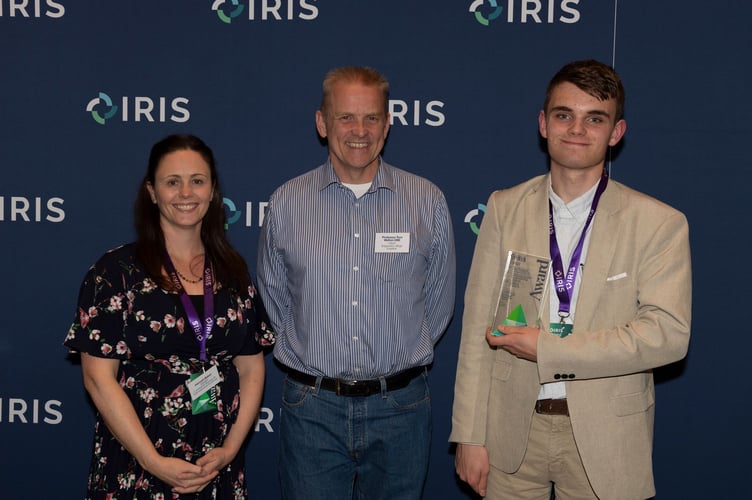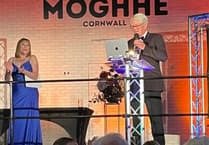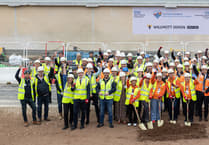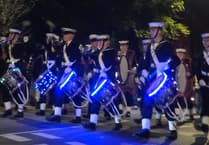STUDENTS from Callington Community College and Camborne Science and International Academy won the Positive Impact and Best Research Project awards at the prestigious Institute for Research in Schools (IRIS) Awards 2025, both tackling real-world issues.
Students from schools across the UK came together at the Francis Crick Institute in London on Thursday, October 17, to celebrate the outstanding achievements of students and teachers. The event showcased how student-led research is not only transformative for education, but also for society.
At Callington Community College students looked at biodiversity in their local area. One group looked at acidification in coastal rock pools, while the other examined why salmon populations were falling in the River Tamar.
One team even found official data-gathering to be insufficient and made recommendations to their local council to tackle the threats they found. The award recognises the college’s positive impact on their local environment.
Callington student Hannah said: “The River Tamar is a really big part of Cornwall and Devon and if that starts to be affected by the amount of salmon, because they’re an indicator species, it could have a massive effect on how Cornwall and Devon work.”
Another student, Finley, added: "We’re growing up into a world which is facing these problems and so it’s quite important that we try to fix them...because that’s the world we’re going to be living in.”
Connor, from Camborne Science and International Academy, took home the Best Research Project award for his truly ambitious original research project; improving the discovery of people caught in avalanches.

Training a machine-learning algorithm on stock images to assess risk, his idea was to implement software onto drones to reduce the time it takes to find people who are in trouble.
The judges were impressed by how Connor used feedback to develop his project and showed incredible resilience, producing something that has real-world application.
Connor, who highlighted the importance of ongoing research, said: “AI is inconclusive, there are always newer technologies being developed constantly. You can’t go into it with a definite plan.”
Hannah Baker, Connor’s teacher at the academy was ‘highly commended’ in the Outstanding Teacher category. She said: “This is the way to teach science. Trying to show [the students] those real-life examples is really important."
The spirit of collaboration was evident throughout the evening in London, as students, teachers and researchers celebrated individual achievements, shared discoveries and generated excitement about STEM research.
Professor Tom Welton OBE, senior research investigator and professor of sustainable chemistry at Imperial College London, gave an inspiring keynote speech on the power of research.
Dr Jo Foster, director of IRIS, said: “All young people deserve opportunities to do real research in school. Our projects allow them to use their curiosity and develop collaboration and problem-solving skills that are vital if we are to build a thriving STEM workforce. What we’ve seen from these young people tonight is so impressive. These are the young researchers solving the problems of tomorrow.”
-Awards.jpeg?width=752&height=500&crop=752:500)




Comments
This article has no comments yet. Be the first to leave a comment.